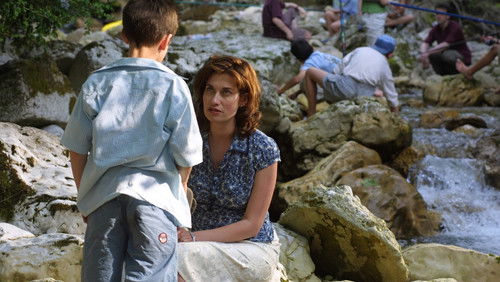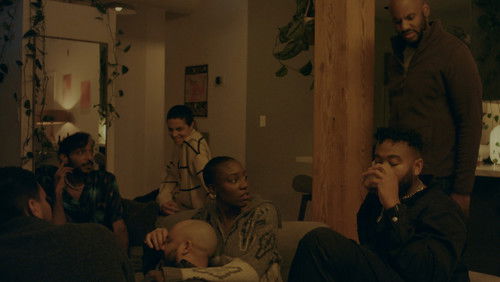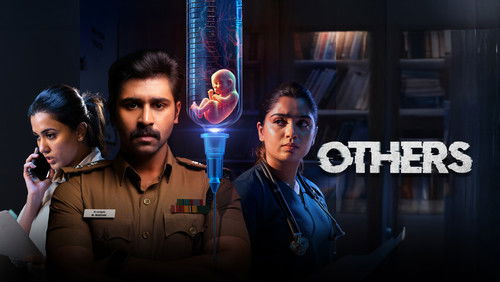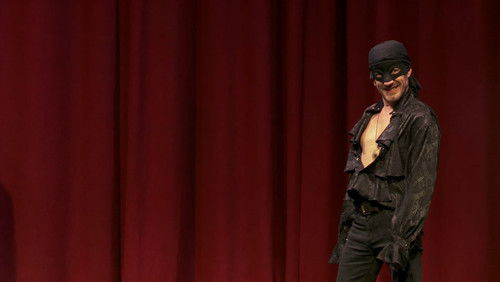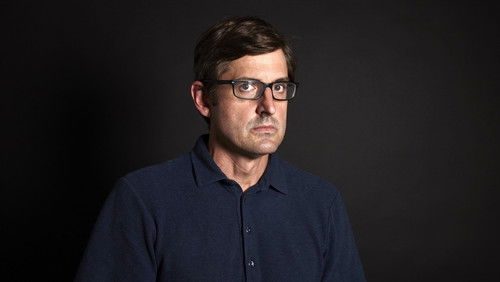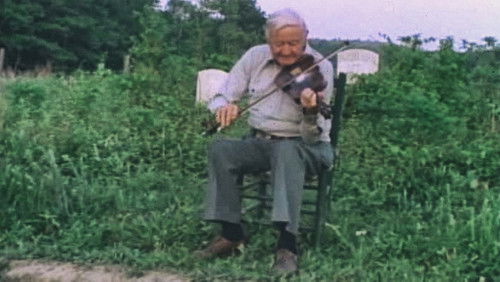Limit (1931)
17KLimit (1931). 1h 54m | Not Rated
“There is nothing ordinary about this movie. Even its continued existence seems to be a fascinating bit of cinematic and cultural history, reflected in portions of the footage that were considerably degraded prior to digital preservation. Between filmmaker Mário Peixotou0026#39;s pointedly unconventional selection and arrangement of shots, his editing, and Edgar Brasilu0026#39;s cinematography, in part Iu0026#39;m reminded of Dziga Vertovu0026#39;s u0026#39;Man with a movie camera,u0026#39; save for that u0026#39;Limiteu0026#39; boasts discrete storytelling versus pure technique. That storytelling is conducted piecemeal and effectively through imagery alone, as any text in this silent picture is sparing (and perhaps also dependent on where and how you watch) and arguably inessential to the film itself. Rounded out simply with lush orchestral music, at the outset the feature seems decidedly uncomplicated, and for those who have difficulty with the silent era maybe altogether lacking. Even for those accustomed to older titles, and more unorthodox ones, I donu0026#39;t think itu0026#39;s unreasonable to say that u0026#39;Limiteu0026#39; is a little challenging. For those who can best appreciate it, however, this is rich and engrossing, with little ready comparison.u003cbr/u003eu003cbr/u003eShould one view this strictly as a somewhat abstruse exercise in experimental film-making, still it would be worthy on that basis alone. u0026#39;Man with a movie camerau0026#39; might actually be a fair point of reference after all, as no small part of the shot composition in u0026#39;Limiteu0026#39; is comprised of portraits in miniature of people, structures, landscapes, or objects that are in and of themselves wonderfully curious and curiously wonderful. Between this and close-ups, oblique angles, a sometimes freely moving camera, and other atypical qualities of direction and photography, the fundamental visual experience of the feature is joyously flavorful, and maybe its core value. Granted, this may understandably not be enough for some viewers, yet the certainty of the excellence in this regard is then also abutted against a sense of narrative that is more loose and less concrete. To be sure, there is plot herein, yet its scenes, characters, and beats are often given less than perfect definition, such that discerning connective threads is not immediately guaranteed. Such deficit of clarity will doubtlessly further alienate some viewers, and nonetheless make the title more difficult even for those otherwise prepared to engage with it.u003cbr/u003eu003cbr/u003eFor my part, what I require most out of any given picture is a story, a through line, some distinct progression from A to B. This isnu0026#39;t to say that I canu0026#39;t also admire films that adopt a more avant-garde approach – but on the other hand, those projects that try to have it both ways are all but destined for more stringent assessment. Where u0026#39;Limiteu0026#39; focuses on its resplendent, painstaking visual construction, or where it emphatically focuses on communication of major plot, itu0026#39;s sharp if not also altogether brilliant. The more artistically minded it becomes in conveying its story, centered around its more plainly evident themes, the more I personally struggle with it. By all means, I think this feature is fantastic, deserving on its own merits and earning a solid recommendation for those who enjoy the less mainstream side of cinema. I just also think that a tad more explicitness in the storytelling would have broadened the movieu0026#39;s viewership, and opened up new channels of esteem otherwise, without actually losing any of its substance (direct or indirect) or artistic value. As if to illustrate the point: the music is great, yet just as there are times when its juxtaposition with a scene is perfect, and other instances when the specific piece selected to accompany a specific moment is ill-fitting.u003cbr/u003eu003cbr/u003eStill, maybe all these words are beside the point, because the truth remains that by the nature of what u0026#39;Limiteu0026#39; is, its appeal will be, well, u0026quot;limitedu0026quot; to the most ardent, open-minded, and patient of cinephiles. Again, for its shot composition, cinematography, and editing alone I believe this is worth watching, let alone the bigger ideas underlying its craft and the particular story (stories) it tells. Even at that, though, mileage will vary significantly from one viewer to the next. Iu0026#39;m of the mind that this is well worth seeking out and exploring, and I can see how itu0026#39;s held in such high regard – with the recognition that not everyone will have the same experience.”
